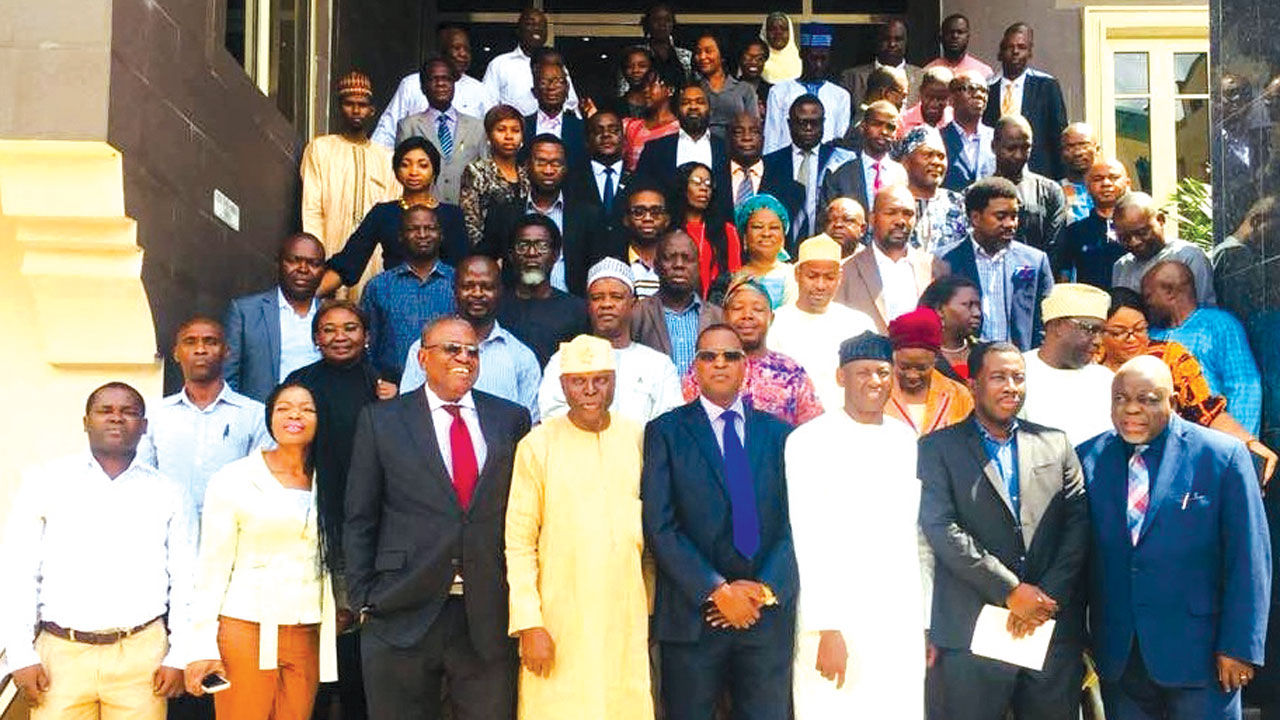
Following the urgency to curtail disastrous consequences of climate change in all sectors of the economy, the private sector operatives are seeking for policy framework and incentives that will enable them engage in the reduction of greenhouse (GHGs) emissions.
At a meeting organized by Federal Ministry of Environment and United Nations Development Programme (UNDP) attended by national partners, government officials and Non-Governmental Organisations as well as wide range of stakeholders, including the media and academia, they also urged the government to provide the enabling environment for their businesses.
The stakeholders met a two-day stakeholders focus meeting for the review of Nigeria’s draft Third National Communication to the United Nations Framework Convention on Climate Change (UNFCCC), in Lagos.
The document captures National Inventory of anthropogenic emissions by sources by sources and removal by sinks for GHGs in Nigeria, general description of steps to facilitate adequate adaptation to climate change and measures to mitigate adverse effects in Nigeria.
Under the National Determined Contributions (NDC) in the Paris Agreement, Nigeria is committed to unconditional reduction of GHG emissions by 20 per cent below business as usual projections by 2030, and a conditional contribution of 45 per cent, based on commitment with international support.
The ministry’s Permanent Secretary, Dr. Shehu Ahmed, who opened the meeting said that a sectorial plan on agriculture and land use, energy, industry, oil and gas as well as transport for the NDC has been developed and currently receiving the attention of the Federal Executive Council.
Represented by the Director, PRS, Auwal Maidabino, he assured that the government will continue to play its part by setting the policy framework and supporting activities, and charged participants to ensure feasibility and practicality of initiates as well as ensuring their successes.
“We will work closely with all ministries in the government and with private sectors in these areas to develop policies, projects as well as programmes with aim of achieving a level of sustainable development for the prosperity and well-being of all citizens,”he said.
According to him, Nigeria is highly vulnerable to the adverse effects of climate change, with significant impacts expected in all regions of the country and in all sectors of the economy.
He said: “A further challenge is the fact that Nigeria also emits GHGs through our carbon intensive economy. However, this challenge also presents a ripe opportunity to transform our development path into a more sustainable one. “
Lagos Commissioner for the Environment, Babatunde Durosinmi-Etti called for ambitious emission reduction target and policies that enhance the growth of low carbon technology and green economy, which presents opportunities in the areas of job creation and attraction of direct foreign investments.
UNDP Team Leader, Environment and Sustainable Development, Muyiwa Odele disclosed that the meeting is expected to take experts and private sector leaders feedback on the draft report; institutionalize the process of national communication preparation in Nigeria and underscore ownership and accountability for the report.
“Preliminary observations on the report reveals the need to strengthen mitigation analyses, pay attention to capacity building needs while vulnerability and assess remains a challenge,” he said.
[ad unit=2]



